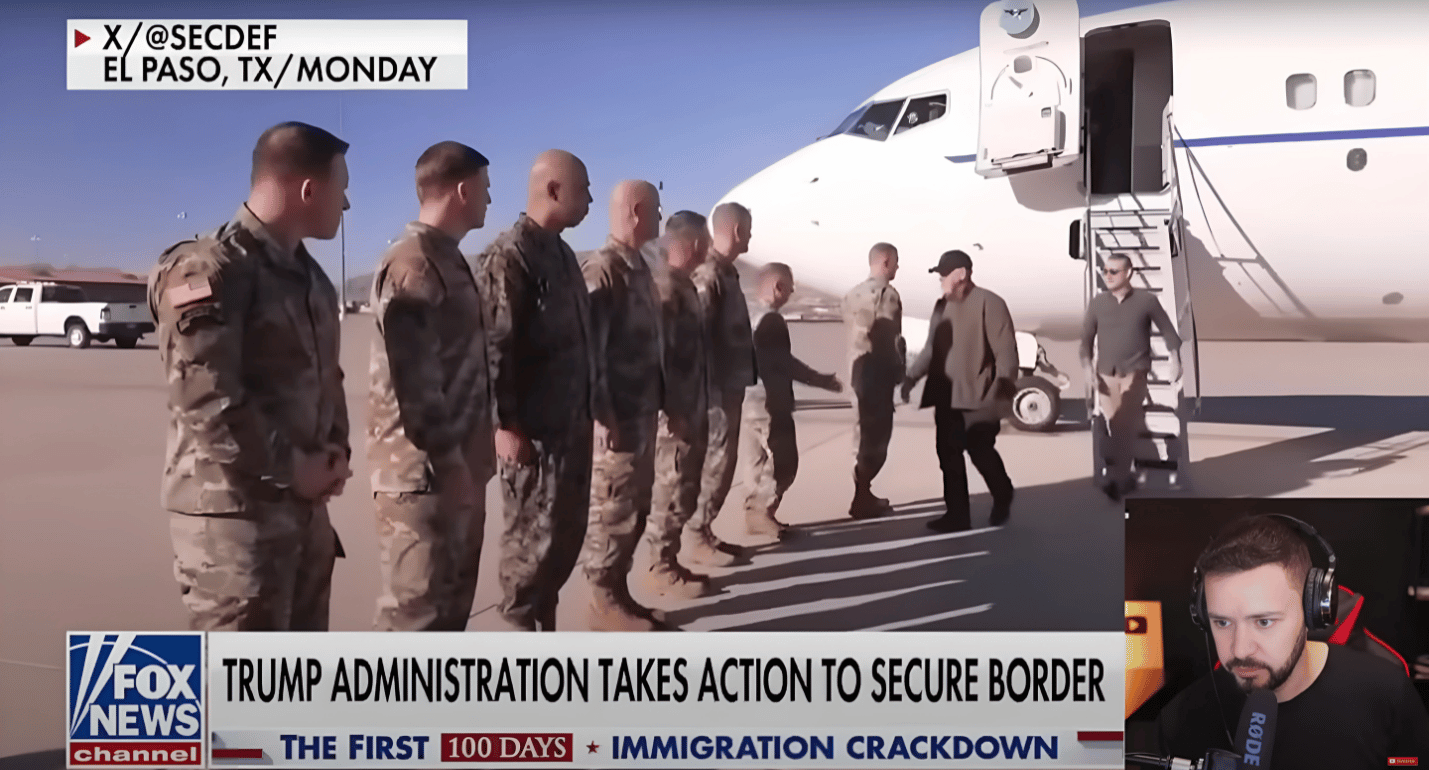Border security officials report a significant escalation in tensions along the US-Mexico border as Mexican drug cartels are allegedly preparing to deploy weaponized drones against US Border Patrol agents and military personnel, amid the Trump administration’s aggressive border security crackdown.
Cartel Threats Intensify
According to an internal memo titled “Officer Safety Alert” obtained by multiple news outlets, cartel leaders have authorized the use of kamikaze drones equipped with explosives against US personnel working along the border. The El Paso sector intelligence and operations center has advised all Border Patrol agents and Department of Defense personnel to report any drone sightings immediately.
“Border Patrol agents are reminded to be cognizant of their surroundings and should be wearing their ballistic armor and utilizing their long firearms,” the memo states, highlighting the increasing dangers faced by law enforcement personnel.
Violence Erupts in Border Cities
The threats come amid broader violence in border regions. In Nuevo Laredo, Mexico, gunfights erupted following the arrest of alleged cartel leader Ricardo Gonzalez, known as “El Ricky.” The violence was severe enough to force the suspension of flights at local airports and prompted the US Consulate to issue a security alert, advising US government personnel to shelter in place.
The State Department has also warned about the presence of improvised explosive devices (IEDs) in Mexican border regions, noting that criminal organizations are increasingly manufacturing and deploying such weapons.
Administration Response
Border Czar Tom Homan has issued stern warnings to the cartels, stating that any attacks on US personnel would be met with significant force. “President Trump will not hesitate to take extreme action,” Homan declared. “I think President Trump will wipe them off the face of the Earth just like he did ISIS in the caliphate.”
Defense Secretary Pete Hegseth, during a recent border visit with Homan, emphasized the administration’s commitment to border security: “Our generation has spent 20 years guarding other people’s borders while watching an invasion of our own… Nobody can bring assets to bear like the Defense Department.”
Military Deployment and Rules of Engagement
The Department of Defense has confirmed that US troops stationed at the border have clear rules of engagement and are authorized to defend themselves if fired upon. This comes as Mexico has agreed to deploy 10,000 troops to its side of the border as part of recent negotiations with the US.
Private Sector Initiative Proposed
In an unprecedented development, Senator Mike Lee of Utah has suggested allowing private security firms and specially trained civilians to assist in combating cartel operations. The proposal would involve issuing letters of marque and reprisal, authorizing private parties to intercept cartel operations in exchange for a portion of seized assets.
Broader Enforcement Actions
The administration’s border security efforts extend beyond the immediate cartel threat. Officials report approximately 9,000 arrests in the interior of the country since the operation began, with a focus on individuals with serious criminal records. The administration has also promised legal action against sanctuary cities and officials who impede enforcement efforts.
Looking Ahead
The situation at the border remains highly volatile, with both US officials and cartel leaders appearing prepared for further escalation. The administration’s designation of cartels as terrorist organizations provides additional legal and military options for response, though officials stress they hope to avoid major conflict.
As these developments unfold, border communities on both sides remain on high alert, with US law enforcement and military personnel maintaining enhanced security postures in anticipation of potential cartel actions.
